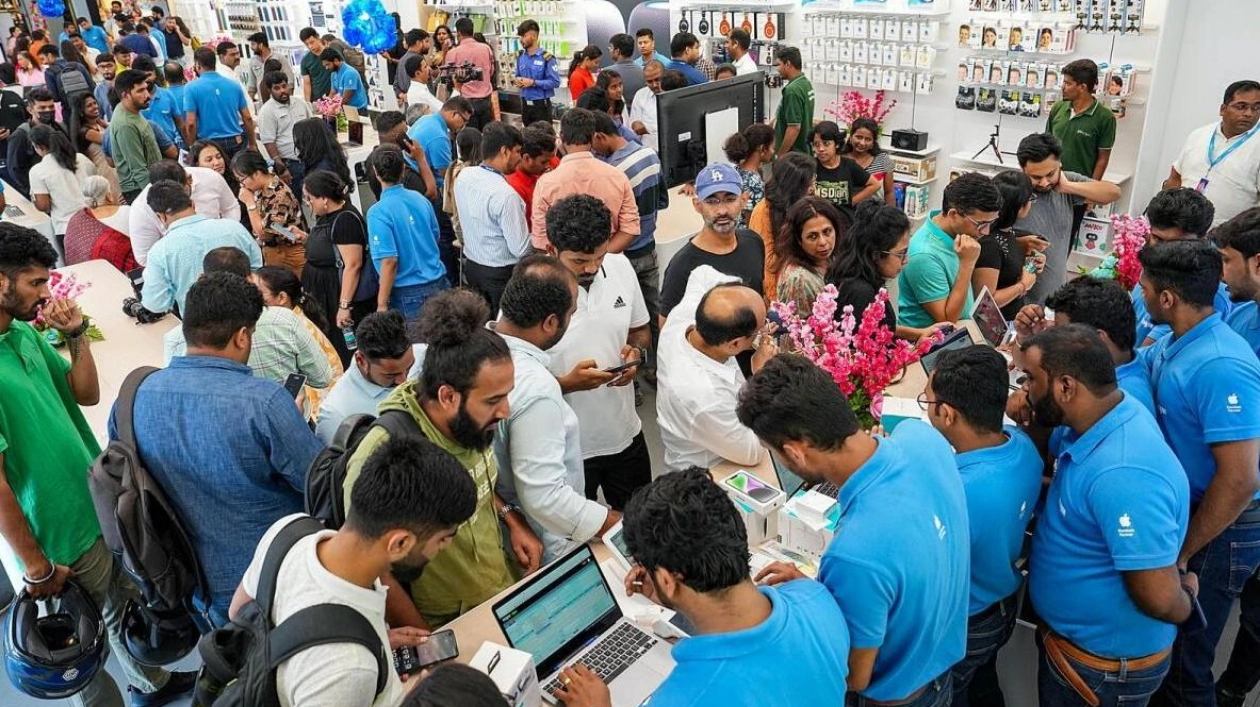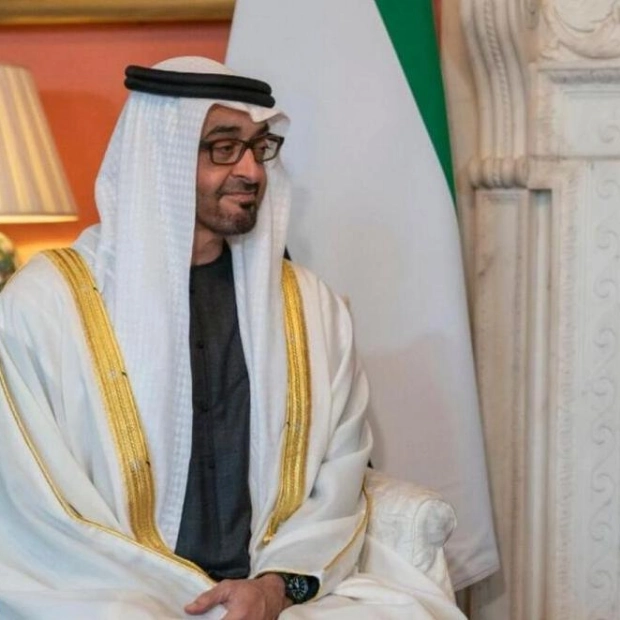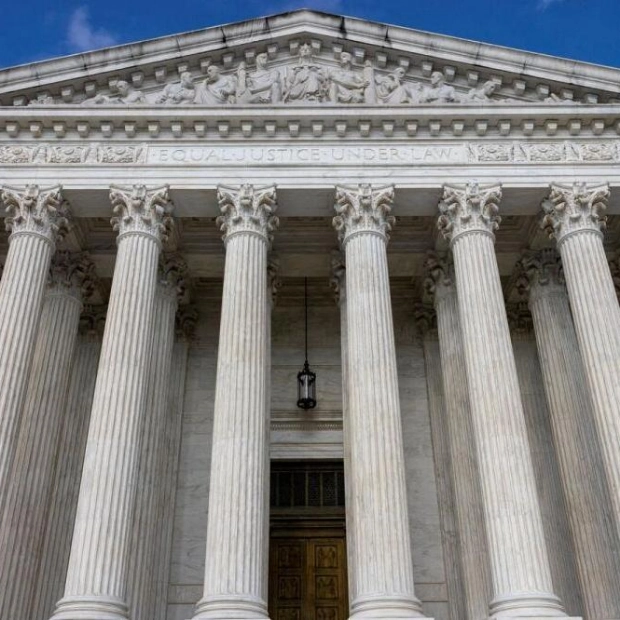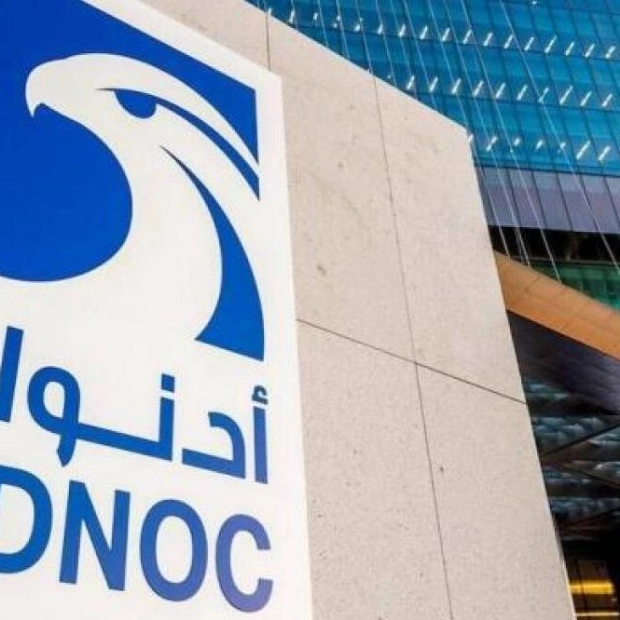Apple's collaboration with India's second-largest telecommunications company is poised to significantly enhance the iPhone maker's presence in a competitive market where it currently trails behind leaders like Spotify and Walt Disney. The American tech behemoth, aiming to increase global revenue through services such as apps, payments, and media, is planning to provide free music and video streaming to a substantial portion of Bharti Airtel's 281 million customers. This partnership is expected to dramatically expand the user base for Apple TV+ and Apple Music in a country where Apple has historically focused on manufacturing to diversify its supply chain away from China. Although Apple assembles many of its iPhones in India, these devices currently account for only six percent of the country's 690 million smartphones, a slight increase from around two percent in 2019, according to Counterpoint Research.
"This move underscores Apple's strategic ambitions in India," commented Nitesh Kripalani, the former head of Amazon Prime Video in India. "It's a proven strategy to rapidly establish a strong foothold in key markets." In the United States, Apple has been offering Apple Music for free through certain Verizon mobile data plans since 2019, and Apple TV+ will be included in a Comcast streaming bundle starting in May. In India, Apple Music will be integrated with Airtel's Wynk music app, which is set to shut down. Postpaid Airtel subscribers, numbering around 7 million, currently have access to the ad-free version of Wynk, though only a small percentage actively use it, according to an industry insider who requested anonymity due to the confidential nature of the data.
Apple Music is better adapted to the Indian market than Apple TV+, which predominantly features English content, offering Bollywood and regional-language songs, albeit with a smaller library compared to Spotify, according to Neil Shah, co-founder of Counterpoint. Spotify boasts approximately 3 million paid users in India, followed by Gaana with 1.4 million, Wynk with 500,000, and Apple Music with 200,000, according to an industry source who chose to remain anonymous as they were not authorized to disclose these figures publicly. Only about 7.5 million people in India paid for audio streaming services last year out of approximately 185 million users of both ad-supported and ad-free apps, according to data from the Federation of Indian Chambers of Commerce and Industry and consultants EY.
Airtel will pay Apple a per-user fee substantially lower than the combined monthly cost of $1.20 for Apple TV+ and Apple Music in India, as reported by a telecom industry source. In exchange, Airtel will save millions in licensing costs as it plans to discontinue Wynk and promote Apple Music to enhance revenue and customer loyalty, according to another industry insider. "Airtel has recognized that its core strength lies in distribution, not content creation," the source noted, speaking on condition of anonymity due to the sensitive nature of the information. Apple remains a minor player in the Indian video streaming market, with Counterpoint estimating fewer than 1 million users. Disney+ Hotstar leads with 38 million users, while Netflix is estimated to have around 10 million. Netflix has expressed ambitions to reach 100 million users but has not set a specific timeline.
Apple TV+ is recognized for its original series like "The Morning Show" and "Slow Horses," but faces competition from Netflix and Disney, which offer more Hindi content featuring Bollywood stars and regional-language films. Disney and Reliance Industries' JioCinema, which also stream cricket, India's most popular sport, are merging their Indian media assets to form the country's largest entertainment company. Airtel, the second-largest telecom provider after Reliance Jio, plans to offer packages that include several months of free access to Apple TV+, according to an industry source. However, Counterpoint's Shah suggests that growth for Apple TV+ could be limited due to its content not being fully optimized for the local market.






